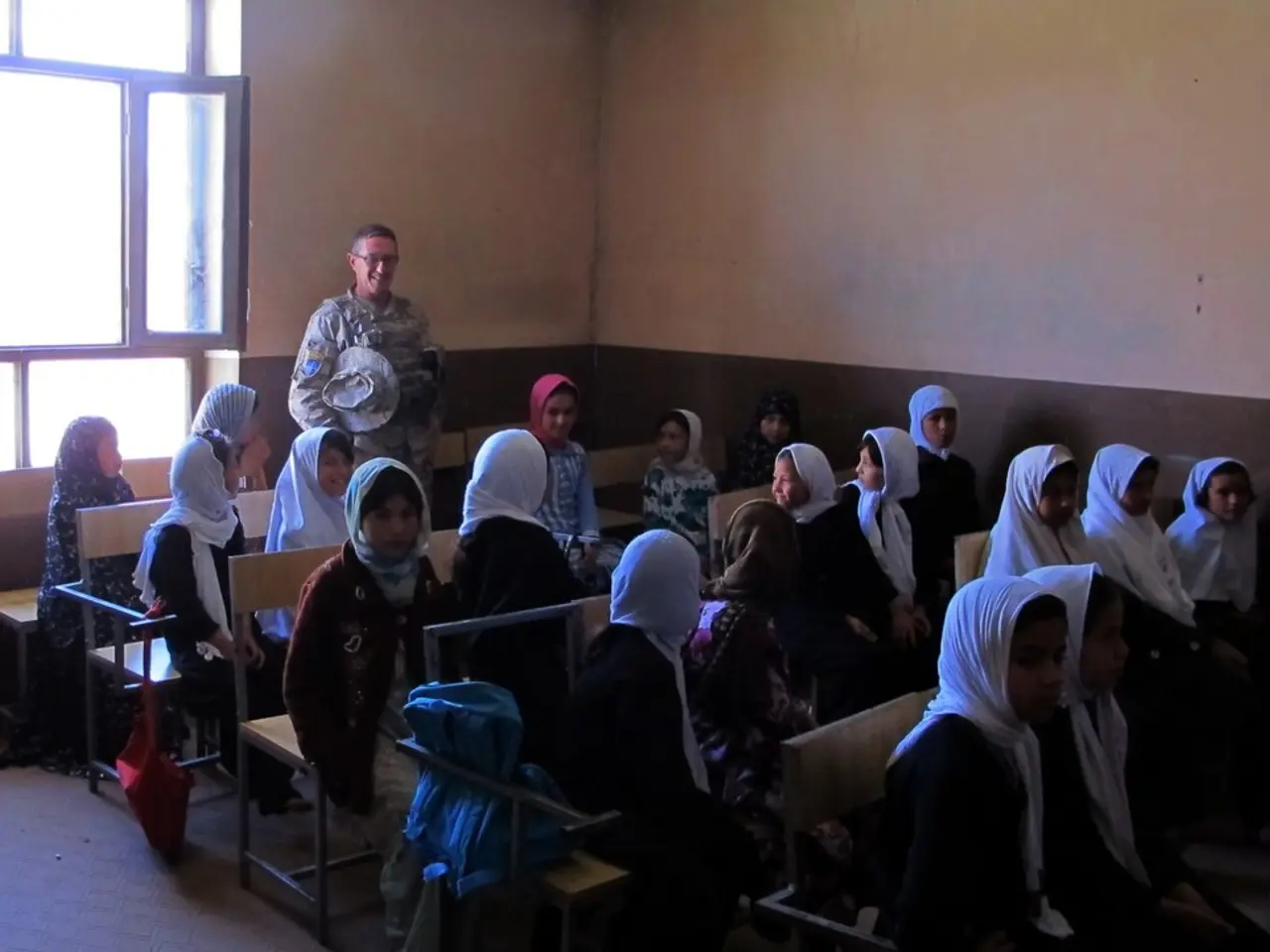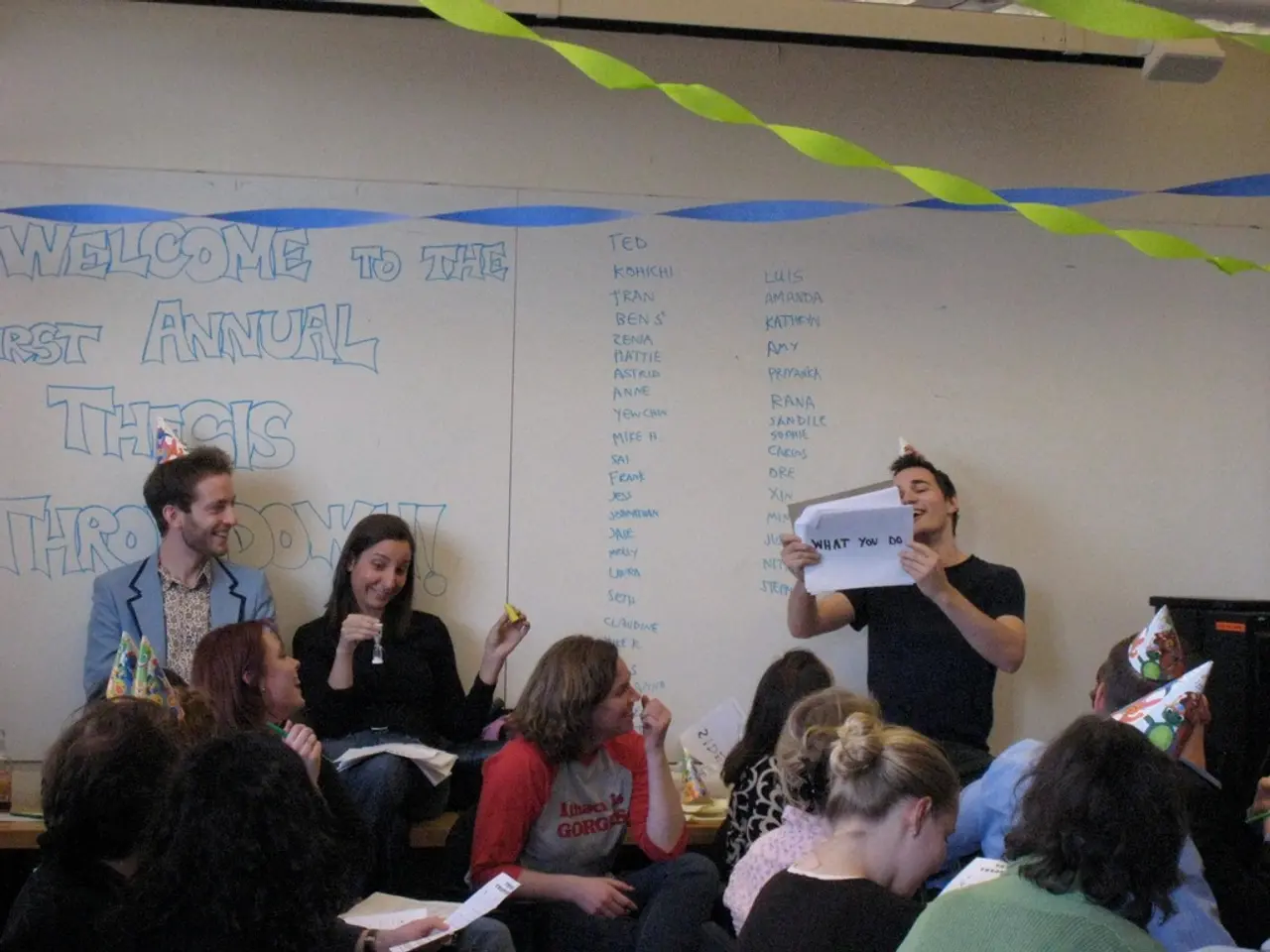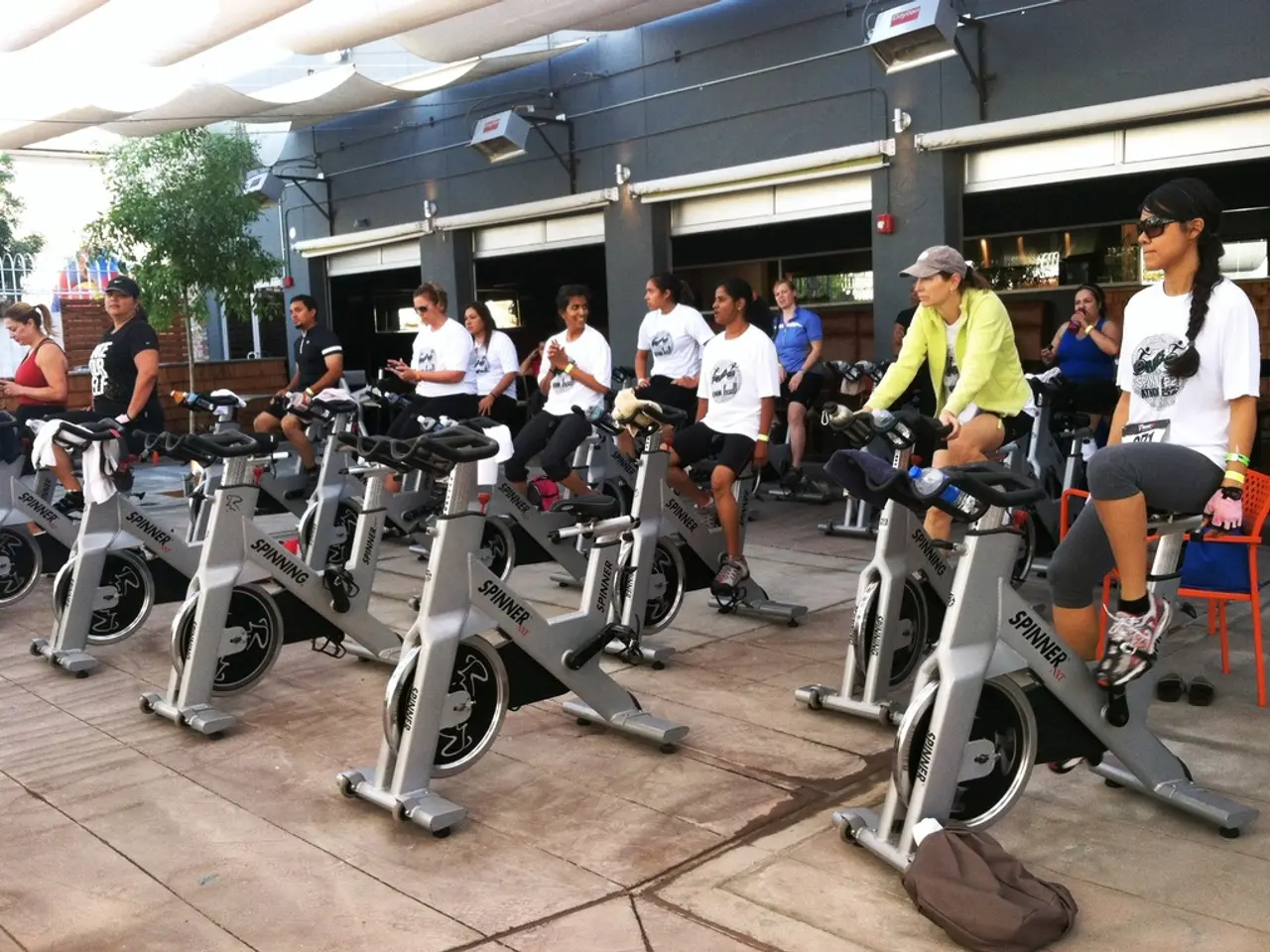NYUstudents mock the "shame wall" amidst nationwide Palestine protests escalating at Harvard University.
In recent days, student protests against Israel's actions in Gaza have intensified on university campuses in the Netherlands and the United States. These protests are part of a broader movement that includes demands for academic boycotts of Israel and divestment from companies involved in the Israeli military-industrial complex.
The Netherlands has seen demonstrations, encampments, and building occupations, with students and staff calling for an end to institutional ties with Israeli academic and research organizations. This movement gained momentum following increased awareness of Israeli military actions and the involvement of Dutch universities in EU-funded research projects with Israeli partners.
In the U.S., student protests have been accompanied by calls for divestment from companies that allegedly fund what students perceive as genocide. These movements are not just about Gaza but also reflect broader concerns about the commercialization of education and U.S. foreign policy.
Universities have responded variably to these protests. In the Netherlands, Wageningen University & Research faced a blockade by activists who criticized the university's collaborations with Israeli partners. The university acknowledged the emotional motivations behind the protest but criticized the methods used. In the U.S., the University of California has reiterated a ban on boycotts of Israel by student governments, citing Trump-era guidance that such actions could jeopardize federal funding. However, campus groups like Students for Justice in Palestine still have leeway to support Boycott, Divestment, Sanctions (BDS) movements.
The protests have led to tensions within universities, with some campus groups facing suspension or bans for supporting BDS. At Harvard University in Cambridge, Massachusetts, students launched an encampment in solidarity with Palestinians on Wednesday morning. At New York University (NYU), a wooden wall was constructed to block entry to the Stern School of Business, approximately 12km south of Columbia University. The wall was constructed about 12 hours after more than 120 students and faculty were arrested at NYU's main campus.
The wall at NYU became the subject of ridicule by students and passersby, with some plastering Palestine stickers onto it and writing "NYU Wall of Shame" on it. Ryna Workman, a third-year law student at NYU, stated that the wall provided an example of how the violence of empire comes home. The Palestine Solidarity Committee at Columbia University stated that universities have chosen profit and reputation over the lives of the people of Palestine.
Hundreds of students took part in a walk-out and occupation at the University of Texas at Austin on Wednesday. Students and faculty at NYU expressed that the wall exemplified a culture of intimidation, fear, and gaslighting at the university. Several NYU students declined to be photographed or have their full names published due to a fear of reprisals from the university.
These protests highlight a growing generational awareness and activism regarding global issues, including the Israeli-Palestinian conflict and the role of the U.S. military-industrial complex. Students are increasingly pushing for universities to take a stance on these issues, reflecting a broader shift in how younger generations engage with politics and social justice.
References: [1] https://www.middleeasteye.net/news/wageningen-university-protest-israel-palestine-blockade [2] https://www.theguardian.com/education/2021/may/12/us-universities-face-growing-pressure-over-israel-boycott-movements [3] https://www.jewishjournal.com/news/nation/362702/uc-system-reaffirms-ban-on-boycotts-of-israel/ [4] https://www.insidehighered.com/quicktakes/2021/05/12/uc-system-reaffirms-ban-boycotts-israel-despite-controversy-over-free-speech
- The movement against Israel's actions in Gaza, including demands for academic boycotts and divestment, has extended to the Netherlands and the United States, leading to student protests on university campuses.
- The Netherlands has seen demonstrations and building occupations, with students and staff calling for an end to institutional ties with Israeli academic and research organizations.
- In the U.S., universities have responded variably to these protests, with some facing boycotts or bans for supporting Boycott, Divestment, Sanctions (BDS) movements.
- The media has covered these student protests, analyzing their impact on general news, politics, education-and-self-development, and war-and-conflicts.
- The ongoing Israeli-Palestinian conflict has become a key focus for students who are pushing for universities to take a stance, demonstrating a growing generational awareness and activism on global issues.




